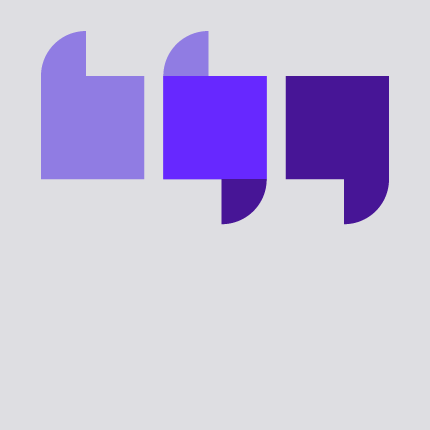Subscribe to Our Newsletter
As the world struggles to rebound from the global pandemic, one lasting trend has emerged: a talent shortage of historic scale. According to ManPowerGroup, 75% of companies have reported talent shortages and difficulty hiring – a 16-year high. Companies with more than 250 employees are struggling the most to recruit and retain talent; those with fewer than 50 employees are faring a bit better, but still face stiff competition for talent.
In this environment, successfully recruiting a talented labor force requires more than offering attractive salary and benefits, important as these are. It requires developing and communicating an employment value proposition that, much like a brand, creates a compelling and differentiated position in the mind of prospective employees. The importance of brand in recruiting explains why one of the world’s largest law firms recently filled a newly created role: Global Recruiting & Employer Branding Director.
So what is employer branding? Simply put, it’s the process of managing your employer reputation among job seekers and employees. Just as your corporate brand influences how prospective customers view you, your employer brand influences how prospective and current employees perceive you. Your employer brand encompasses everything you say and do to position your organization as an employer of choice: your mission, vision, and values, your approach to compensation and benefits, your commitment to diversity and inclusion. It’s communicated to prospective employees through recruiting materials, the careers section of your website, your interviewing style and onboarding process. Even the way your office looks contributes to your employer brand.
Remember the U.S. Army’s famous “Be all that you can be?” campaign? That’s a classic employer brand – it’s not about a specific job or benefit; it’s about achieving potential. Visit Netflix’s careers page and you’ll be confronted with a bold, even provocative statement: “A great workplace combines exceptional colleagues and hard problems.” That’s a unique point of view … and a promise: you’ll work with great people on tough challenges. It’s also a great employer brand.
We believe that the most effective employer brands are tightly aligned with the corporate brand. In our connected age, you can’t segregate one message from another. Recruits who meet your representatives at a job fair will inevitably visit your website and check you out on social media and Glassdoor. Aligning your employer brand with your corporate brand will not only avoid confusion, it will also amplify the impact of both.
Consider our recent work for a leading tax technology company. We developed a corporate brand that rested on the idea of vital connections – between the company’s solutions and the enterprise software platforms that run its customers’ operations, as well as between the company’s employees and those of their customers. The brand resonated strongly with customers, helping to propel the company’s growth and culminating in a successful IPO. But it still faced one lingering challenge: recruiting top engineering and sales talent in a market dominated by much larger and better-known players. It couldn’t offer more money or richer benefits packages, so it needed to attract talent with a deeper value proposition.
We conducted focus groups with employees to understand what drew them to the company, and why they stay. It came down to three opportunities that larger competitors couldn’t offer. First, the autonomy to control their future and be recognized for their accomplishments without being subsumed by the bureaucracy of a corporate behemoth. Second, a culture that that sees them as people first, employees second. And third, a place where their efforts make a meaningful impact on the company’s growth. We distilled these three opportunities into an employer brand crystallized in the line “Connect to Your Future,” which closely aligns with the corporate “connection” brand. We used the concept of connection to show how recruits can connect to what truly inspires them in a company that connects to their humanity as well as their professionalism, while connecting their efforts to the success of the company.



